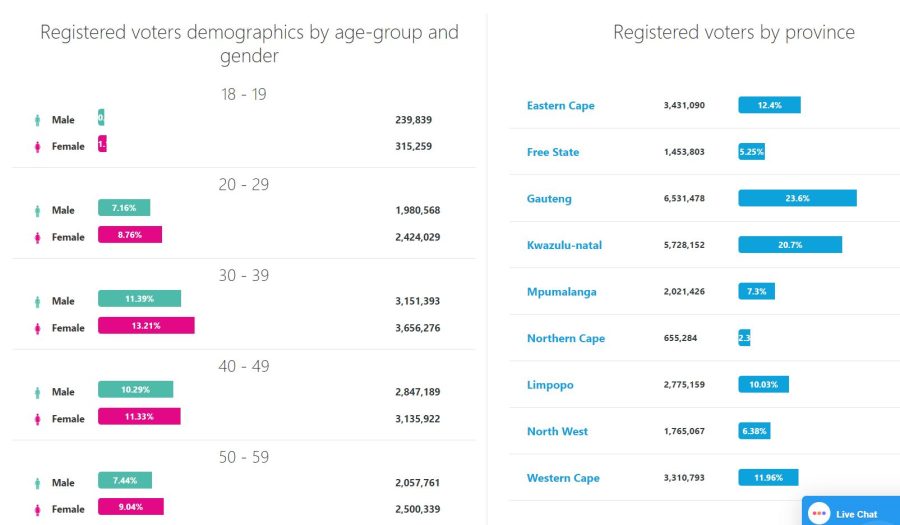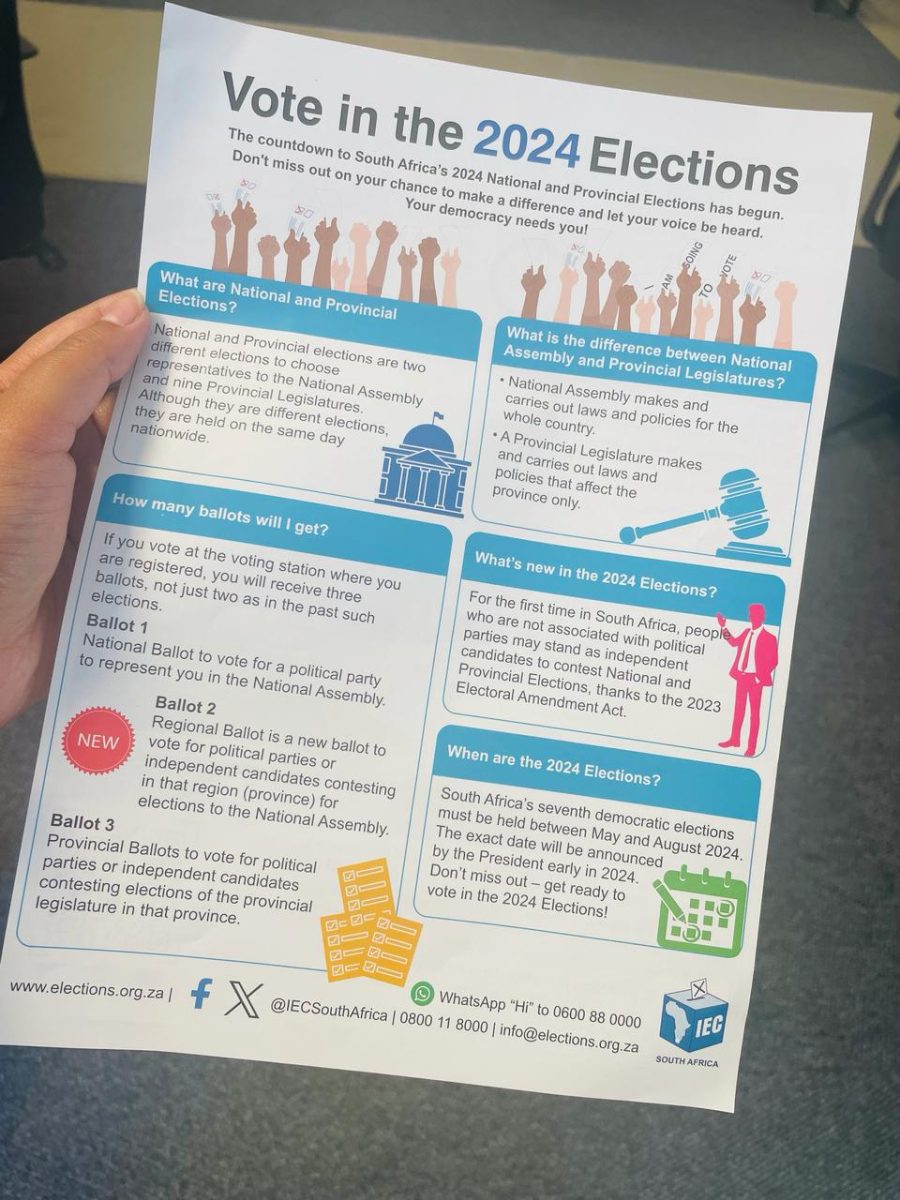As the country approaches its seventh general election since the dawn of democracy, the spotlight is on the youth.

Statistics from the Independent Electoral Commission (IEC) show that over 27 million eligible voters are registered for the upcoming polls. Over 50% of the figure is women, while 11 million are the youth.
In the Western Cape, less than half a million voters are under the age of 30.
READ MORE: ELECTIONS 2024: IEC releases the finally tally of Western Cape voters
A recent youth survey revealed that 35% of the country’s youngsters are still undecided and that less than 1 in every 2 young people are likely to vote.
Representing a youth-based institution, the University of Cape Town’s Elijah Moholola says low youth voter turnout has been an issue. For this reason, UCT is hosting political debates to help spark more interest:
“Despite South Africa having marked three decades of democracy this year, there have been ongoing challenges of low youth engagement in civic and electoral processes. At UCT, there have been increasing efforts to get more young people involved and engaged ahead of the upcoming elections,” said Moholola.

To gain more interest from youths, NPO Futurelect is making use of digital platforms like YouTube to educate and equip young people. Co-founder and CEO Lindiwe Mazibuko remains positive and says she feels there’s an upswing in the number of young people voting, compared to previous years. She stated that by harnessing the power of digital platforms and open-source resources, her organisation aims to bridge the gap between young voters and the democratic process.
Election day is coming up! Learn how your vote shapes the future and discover why it matters: https://t.co/4dtiTFFclc
✅ Understand the importance of voter engagement and how it impacts our society.
✅ Gain confidence in holding elected leaders accountable for their actions.
✅… pic.twitter.com/NCmAKCdmRz— Futurelect (@futurelectorg) May 16, 2024
“77% of new registrations during the last registration weekends are from individuals aged 16 to 29, so this is an incredibly pivotal group of young people that will shape the nation’s future,” said Mazibuko.


